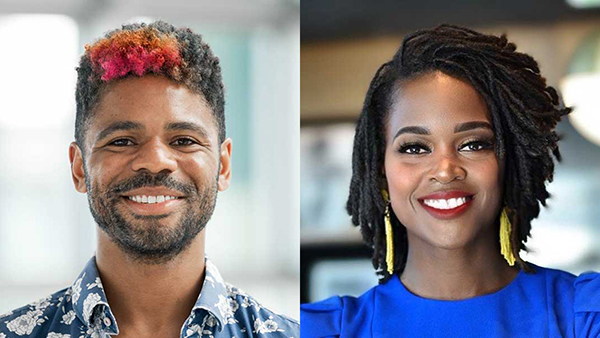Microaggressions, your health and how to cope

Chase Anderson, M.D., and Brittany Bryant, LCSW, are part of UCSF’s Muses Clinic for Minoritized Youth.
About 1 in 5 Americans experience at least one microaggression daily. While not usually overt, microaggressions are subtle acts of racism. And, despite their name, there’s nothing small about their impact.
In 2021, the Centers for Disease Control and Prevention declared racism a public health threat, recognizing that racism underlies many health inequalities, including overall poorer health and worse access to health care among minoritized people. Microaggressions may be racism’s latest and most widespread form.
UCSF Assistant Professor in Child and Adolescent Psychiatry Chase Anderson, M.D., and Assistant Psychiatry Professor Brittany Bryant, LCSW, have witnessed discrimination first-hand inside and outside of the clinic. Today, they provide mental health care for children and young adults affected by discrimination, including microaggressions, as part of UCSF ’s Muses Clinic for Minoritized Youth. The clinic serves young people from San Francisco and offers mental health care that equips them to understand and talk about the impact of discrimination on their mental health and provides them with coping tools.
In the latest issue of UCnetwork, Anderson and Bryant explain microaggressions, what they mean for our health and what to do if we witness one.
UCSF specialists share how microaggressions impact us and how to handle them
Tags: mental health, microagression, research, UCSF


